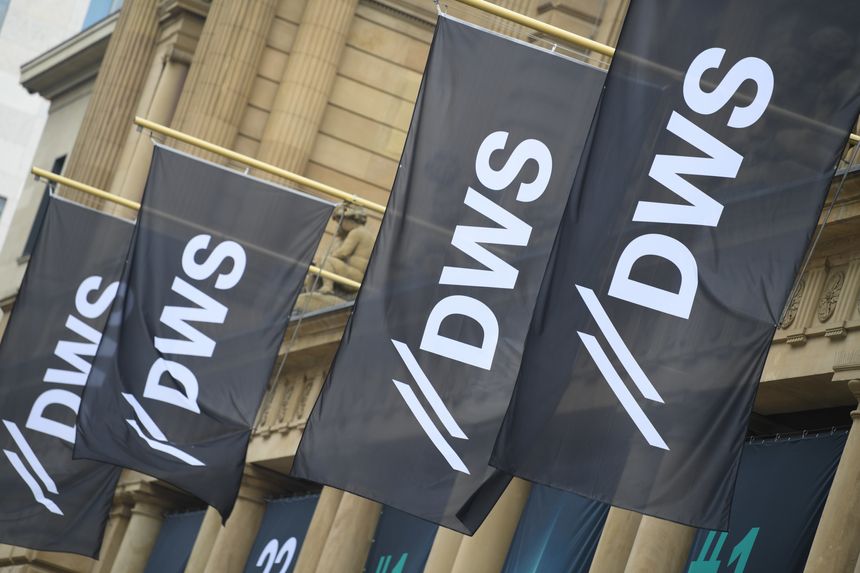American officials are investigating DWS Group, DWS -0.56% according to a Wall Street Journal report Thursday, after its recently departed head of sustainability said it overstated how widely it used sustainable-investing criteria. The outcome will likely be investors’ first indication of how U.S. regulators will clamp down on Wall Street “greenwashing.”
Investing based on environmental, social and governance criteria has become a hot trend. Amid strong demand for ethical financial products, ESG funds offer money managers the chance to differentiate themselves and raise margins after years of fee pressure from cheap index-tracker funds.
Scrutiny of their claims is becoming trendy, too. ESG criteria can be woolly, data is often scarce and a variety of ranking methodologies makes it hard for investors to know who is spinning a story and who is walking the talk.
Tariq Fancy, former chief investment officer for sustainable investing at BlackRock, recently wrote that ESG funds are profitable for Wall Street but may not really be doing good. Worse still, he argued, they mislead the public and lower the likelihood that governments will act. BlackRock says it advocates for governments to take a leading role in combating climate change and also supports initiatives to set consistent standards and increase transparency for sustainable portfolios.
A recent study by two Harvard law professors also raised concerns: After examining the corporate documents of over 100 signatories to the landmark 2019 Business Roundtable pledge to shift from shareholder to a broader stakeholder model, the academics concluded the commitment was “mostly for show.” The signatories and Business Roundtable reject the study’s conclusion. Whatever the underlying truth, it is clearly difficult for outsiders to discern action from hogwash.
The European Union’s response to greenwashing has been to develop regulations. Its Sustainable Finance Disclosure Regulation defined sustainable fund categories that pushed managers to reclassify some of their products. The result was that, despite net inflows into ESG funds, sustainably invested assets in Europe fell by $2 trillion between 2018 and 2020. More green-investment rules are on the way.
U.S. officials also are considering how to regulate proliferating ESG claims. There may be some echoes of the EU rules, but in general the American approach tends to be different: lighter-touch regulation but with toothier enforcement. For example, German automotive giant Volkswagen faced huge fines and customer-redress costs in the U.S. for its 2015 diesel fraud, whereas in its home region it mainly had to deal with tighter emissions rules.
DWS shares, which have their own minority listing, fell 14%, wiping the equivalent of roughly $1.3 billion off the company’s market value. Investors may be trying to gauge the risk of U.S. fines as well as reputational damage. The pressure is now growing for the wider industry to justify or withdraw ESG-related marketing.
The good news for investors is that they should at some point be able to pick ethical products with confidence that they aren’t paying up for marketing fluff.







